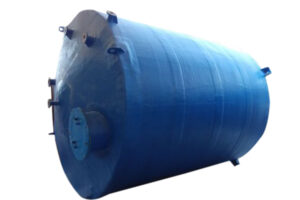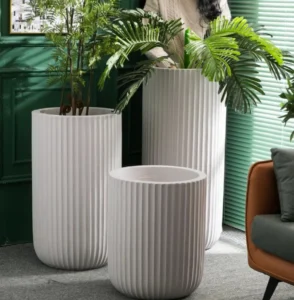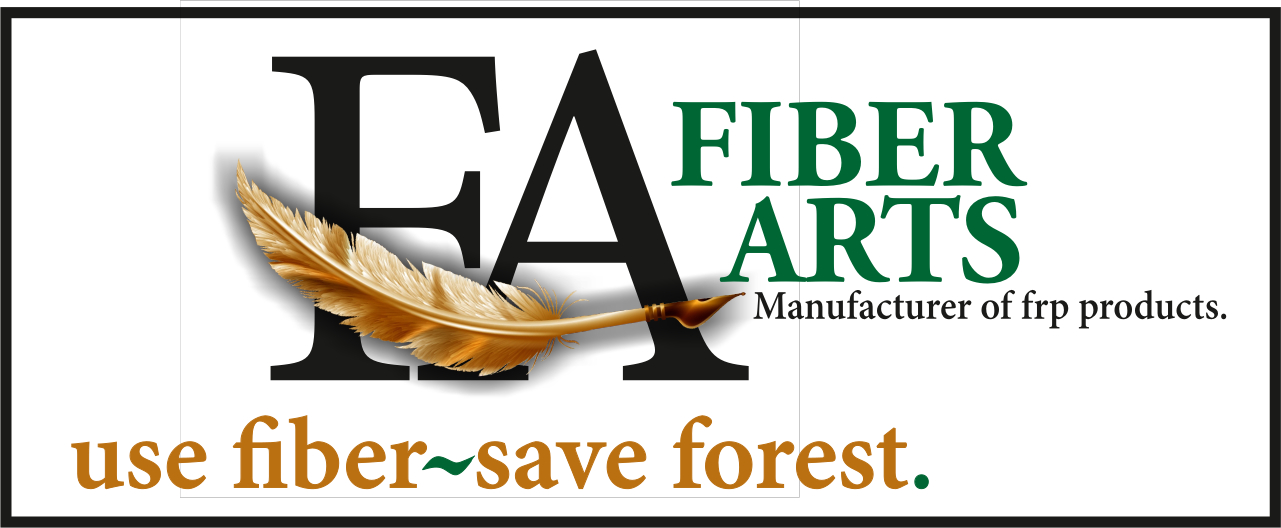FRP in Commercial Projects

FRP is decisively versatile in the realm of construction materials and structural components. It is a substitute for wood, concrete, metal and plastic in a wide variety of applications related to construction. FRP does not have any limitations and weaknesses like the above material. The materials used in construction like wood, which is easily susceptible to rotting or wrapping under wet and damp conditions. Steel is susceptible to corrosion. FRP is superior compared to traditional material often used in construction
FRP in Infrastructure
The underground steel tanks, pipes, metal components of fuel storage systems corrode and later leak into the environment. To prevent this we have introduced pipes and manhole covers with fibre glass, which is non-corrodible, non-rustable material. This material, FRP have properties such as
(1) Resistance to corrosives : FRP is not corrosive like metal and last in the environment such as chemical plants and marine applications
(2) Cost effective : Low overall cost due to its long service, low cost of installation and zero maintenance.
(3) Strength to weight ratio : FRP has an extreme strength to weight ratio as seen when compared to steel.
(4) Safety : Non-slip surface of FRP structures is safer than metal or wood even when it is wet. It is non conductive, no electrical shock hazard.
FRP in Residential

Green solutions such as fibre glass composite products offer high strength, corrosion resistance, durability and low maintenance properties. FRP is made of two components – a resin matrix and a reinforced fiber
Used as
- windows
- doors
- balcony railings
- picket fencing
- wall claddings, etc.
